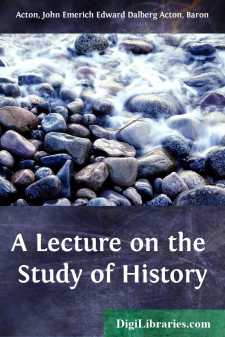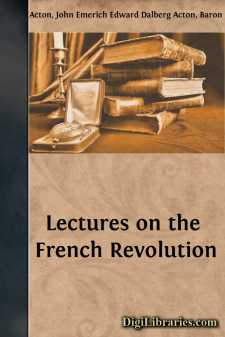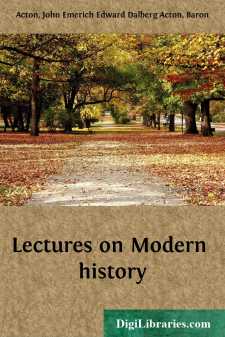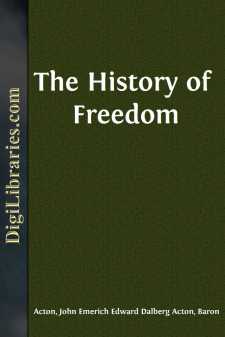Categories
- Antiques & Collectibles 13
- Architecture 36
- Art 48
- Bibles 22
- Biography & Autobiography 813
- Body, Mind & Spirit 142
- Business & Economics 28
- Children's Books 17
- Children's Fiction 14
- Computers 4
- Cooking 94
- Crafts & Hobbies 4
- Drama 346
- Education 46
- Family & Relationships 57
- Fiction 11829
- Games 19
- Gardening 17
- Health & Fitness 34
- History 1377
- House & Home 1
- Humor 147
- Juvenile Fiction 1873
- Juvenile Nonfiction 202
- Language Arts & Disciplines 88
- Law 16
- Literary Collections 686
- Literary Criticism 179
- Mathematics 13
- Medical 41
- Music 40
- Nature 179
- Non-Classifiable 1768
- Performing Arts 7
- Periodicals 1453
- Philosophy 64
- Photography 2
- Poetry 896
- Political Science 203
- Psychology 42
- Reference 154
- Religion 513
- Science 126
- Self-Help 84
- Social Science 81
- Sports & Recreation 34
- Study Aids 3
- Technology & Engineering 59
- Transportation 23
- Travel 463
- True Crime 29
John Emerich Edward Dalberg Acton Acton
John Emerich Edward Dalberg Acton, also known as Lord Acton, was a British historian and moralist, born in 1834. He is best known for his work on liberty and his famous quote, "Power tends to corrupt, and absolute power corrupts absolutely." Acton contributed significantly to the study of history with his essays and historical works, including "The History of Freedom" and "Lectures on Modern History." He was deeply concerned with the moral dimensions of history and politics, emphasizing the importance of freedom and ethical governance.
Author's Books:
Sort by:
Fellow Students, I look back to-day to a time before the middle of the century, when I wasUNITY OF MODERN HISTORY reading at Edinburgh, and fervently wishing to come to this University. At three colleges I applied for admission, and, as things then were, I was refused by all. Here, from the first, I vainly fixed my hopes, and here, in a happier hour, after five-and-forty years, they are at last...
more...
THE HERALDS OF THE REVOLUTION The revenue of France was near twenty millions when Lewis XVI., finding it inadequate, called upon the nation for supply. In a single lifetime it rose to far more than one hundred millions, while the national income grew still more rapidly; and this increase was wrought by a class to whom the ancient monarchy denied its best rewards, and whom it deprived of power in the...
more...
INAUGURAL LECTURE ON THE STUDY OF HISTORY Delivered at Cambridge, June 1895 FELLOW STUDENTS—I look back today to a time before the middle of the century, when I was reading at Edinburgh and fervently wishing to come to this University. At three colleges I applied for admission, and, as things then were, I was refused by all. Here, from the first, I vainly fixed my hopes, and here, in a happier hour,...
more...
INTRODUCTION The two volumes here published contain but a small selection from the numerous writings of Acton on a variety of topics, which are to be found scattered through many periodicals of the last half-century. The result here displayed is therefore not complete. A further selection of nearly equal quantity might be made, and still much that is valuable in Acton's work would remain buried....
more...





